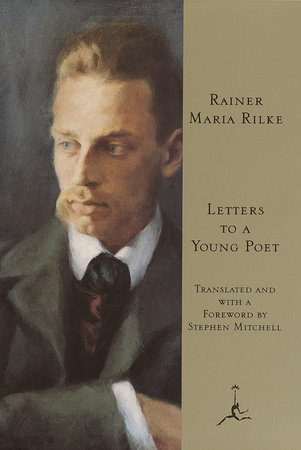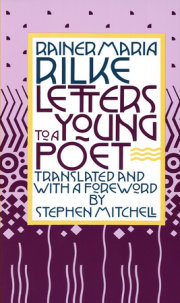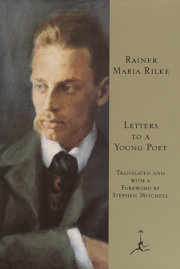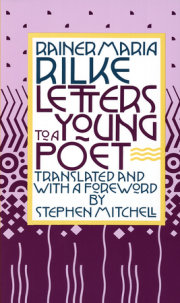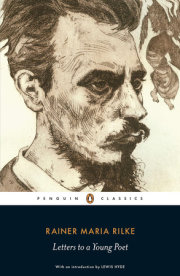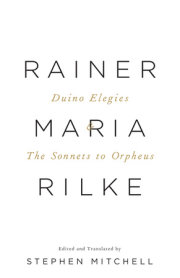Paris
February 17, 1903
Dear Sir,
Your letter arrived just a few days ago. I want to thank you for the great confidence you have placed in me. That is all I can do. I cannot discuss your verses; for any attempt at criticism would be foreign to me. Nothing touches a work of art so little as words of criticism: they always result in more or less fortunate misunderstandings. Things aren't all so tangible and sayable as people would usually have us believe; most experiences are unsayable, they happen in a space that no word has ever entered, and more unsayable than all other things are works of art, those mysterious existences, who life endures beside our own small, transitory life.
With this note as a preface, may I just tell you that your verses have no style of their own, although they do have silent and hidden beginnings or something personal. I feel this most clearly in the last poem, "My Soul." There, something of your own is trying to become word and melody. And in the lovely poem "To Leopardi" a kind of kinship with that great, solitary figure does perhaps appear. Nevertheless, the poems are not yet anything in themselves, not yet anything independent, even the last one and the one to Leopardi. Your kind letter, which accompanied them, managed to make clear to me various fault that I felt in reading your verses, though I am not able to name them specifically.
You ask whether your verses are any good. You ask me. You have asked others before this. You send them to magazines. You compare them with other poems, and you are upset when certain editors reject your work. Now (since you have said you want my advice) I beg you to stop doing that sort of thing. You are looking outside, and that is what you should most avoid right now. No one can advise you or help you—no one. There is only one thing you should do. Go into yourself. Find out the reason that commands you to write; see whether it has spread its root into the very depths of your heart; confess to yourself whether you would have to die if you were forbidden to write. This most of all: ask yourself in the most silent hour of your night:
must I write? Dig into yourself for a deep answer. And is this answer rings out in assent, if you meet this solemn question with a strong, simple "
I must," then build your life in accordance with this necessity; your whole life, even into its humblest and most indifferent hour, must become a sign and witness to this impulse.
Copyright © 2001 by Rainer Maria Rilke. All rights reserved. No part of this excerpt may be reproduced or reprinted without permission in writing from the publisher.

